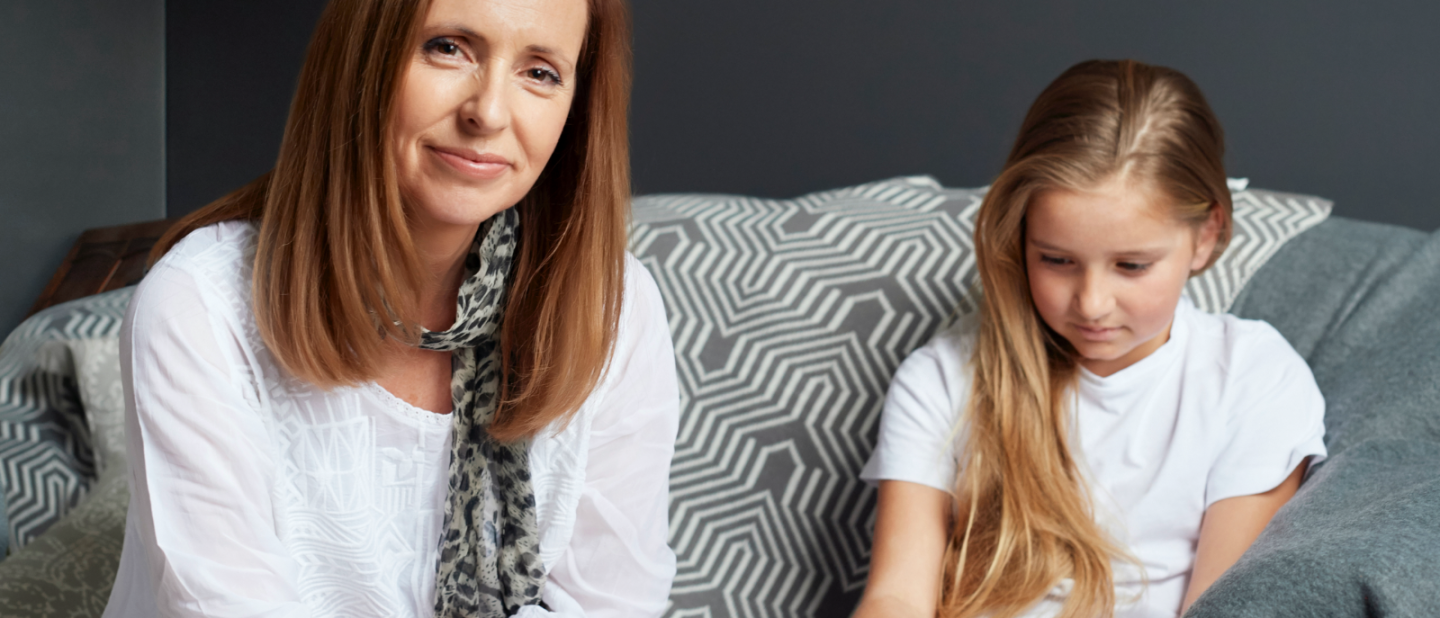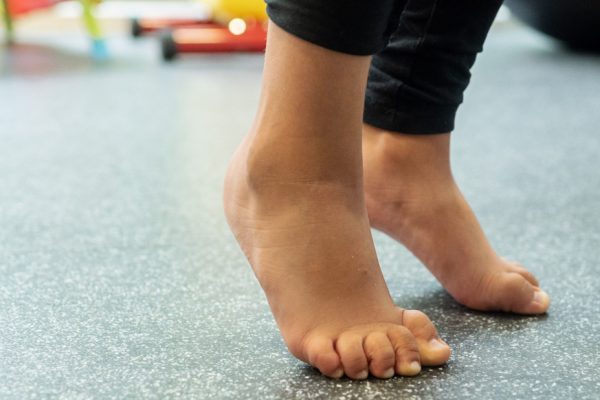
An expert’s take on supporting your kid’s transition back to school
An interview by Melanie Dimmitt
For many families, the start of school coincides with us cautiously re-entering a COVID-filled society. Whether our kids are heading back to school, or starting school, what lies ahead is largely unknown. And unknowns can be uncomfortable.
My son Arlo is off to school for the first time. He has a physical disability and will be entering the school system with a team of supports behind him – including one of his physiotherapists, Lindy Dowe. Lindy is also a counsellor and psychotherapist working with families raising kids with disabilities. Add to that the fact that she’s a mother of four teenage children and, needless to say, Lindy is sure-footed in the back-to-school dance.
Here, she shares her advice.
As someone who works with families in the disability space, what issues do you see arising when parents and kids are preparing to start a new school year?
The biggest thing that I’ve noticed has been the uncertainty that children have experienced, and this presents in a whole lot of different ways. Especially in recent years, remote learning has meant only being with certain friends on certain social media platforms. Having to re-enter into a school environment, and re-experience friendship groups, can be very challenging for kids.
A lot of the kids that I work with have enjoyed learning from home. They’ve liked the structure and the routine and the safety that being at home has offered. Then there’s uncertainty around changes in the school system. New routines, new structures and lots of different rules have been introduced to schools. It’s been confusing for a lot of children.
So how can we, as parents, along with members of our kid’s support team, help a child in their transition back to school?
I run a parent counselling group at an early intervention service that’s focused on school readiness, and one of the things we talk a lot about is how, as parents, you’re your child’s biggest advocate. You can never overestimate the amount of knowledge that you have about your child’s physical abilities, sensory sensitivities and learning needs and how important it is to share that with the teachers and whoever else is involved with your child at school.
A lot of parents will say to me, ‘I don’t want to be one of “those parents” that’s seen to be complaining or ringing up too much or emailing too much’. To them I say, be the squeaky wheel, but start off your relationship with the school in a way that’s positive from the get-go. Make it a collaboration from the start.
Another thing that always comes up are the issues that the parents themselves had when they were at school. So many of us have a mindset based on our personal experiences of what schooling was like. But school’s a different place now. So check in with yourself on that and speak to others about how you’re feeling.
The school environment is a social environment for parents, too. It’s important to find a tribe of like-minded people who you trust and can run ideas by.
Arlo’s therapists and his Hireup support worker, Maddy, have spent a lot of time with Arlo at his preschools and will continue to support him at school. Arlo would certainly prefer to have Maddy by his side in the classroom than have me hovering over him, is this the case for many of the children you work with?
Definitely. Support workers can liaise closely with teachers and get an understanding of the school environment, and advocate for your child, too. They also have more subtle visibility in the classroom. They’re there to support, not to overwhelm them or overly guide them.
It can be a little different when you’ve got kids with very complex physical needs, but a lot of kids have aides in the classroom who are in the background, helping with transitioning or structuring work so that they can understand it. The idea is that they’re not visible 100 per cent of the time, they’re just part of what happens in the classroom.
It’s been an interesting introduction with the NDIS and having therapists and therapy supports within the school environment. The increased availability and options for therapy, that’s a reasonably new thing, particularly in mainstream schools, so that would be another area that your therapist and support workers would be speaking with the school about. I know with COVID, a lot of the schools have changed their policies about therapists coming in, so that’s something else to consider for this year.
On the topic of COVID, what advice do you have for parents, like me, who are concerned about sending their vulnerable child back to social environments?
It’s so hard and there’s no right answer. Each child has their own unique medical vulnerabilities, and with that in mind, if there’s any concern at all about ‘should we or shouldn’t we vaccinate?’, or ‘should we or shouldn’t we place them in a vulnerable position?’, it has to be discussed with their specific paediatric medical specialist. I think it’s important for families to go back to basics and speak to the experts and then move on to making decisions after that.
I think encouraging flexibility in ourselves and our children will be crucial to transitioning back to school this year, because things may change. For children who have already been at school, things may look different when they go back. There might be staggered start times, staggered lunch breaks, more masks and hand sanitiser, distancing from different school years. All schools will be doing things differently.
How would you suggest that parents bring up the topic of returning to school with their kids and give them an opportunity to raise concerns?
Just starting that conversation can often lead to a very helpful place. You can say something like, “you’re looking like you’re a little sad today”, or “you’re looking like maybe you’re confused or upset”, and just see where the conversation takes you. This allows kids to be validated and normalises how they’re feeling.
As parents, we tend to go straight into problem solving. You often find yourself saying something like, “you don’t need to worry about that”. But if we can stop ourselves from doing that, take a step back and help our kids to understand and name how they’re feeling – normalise it, validate it and go from there – that’s probably the most empowering thing that we can do for them.
If you’d like help in securing NDIS funds for support workers, you can schedule a free, no-strings-attached meet and greet with a Hireup Support Partner. Ready to find, hire and manage top-notch support workers for your child? Head to hireup.com.au.








